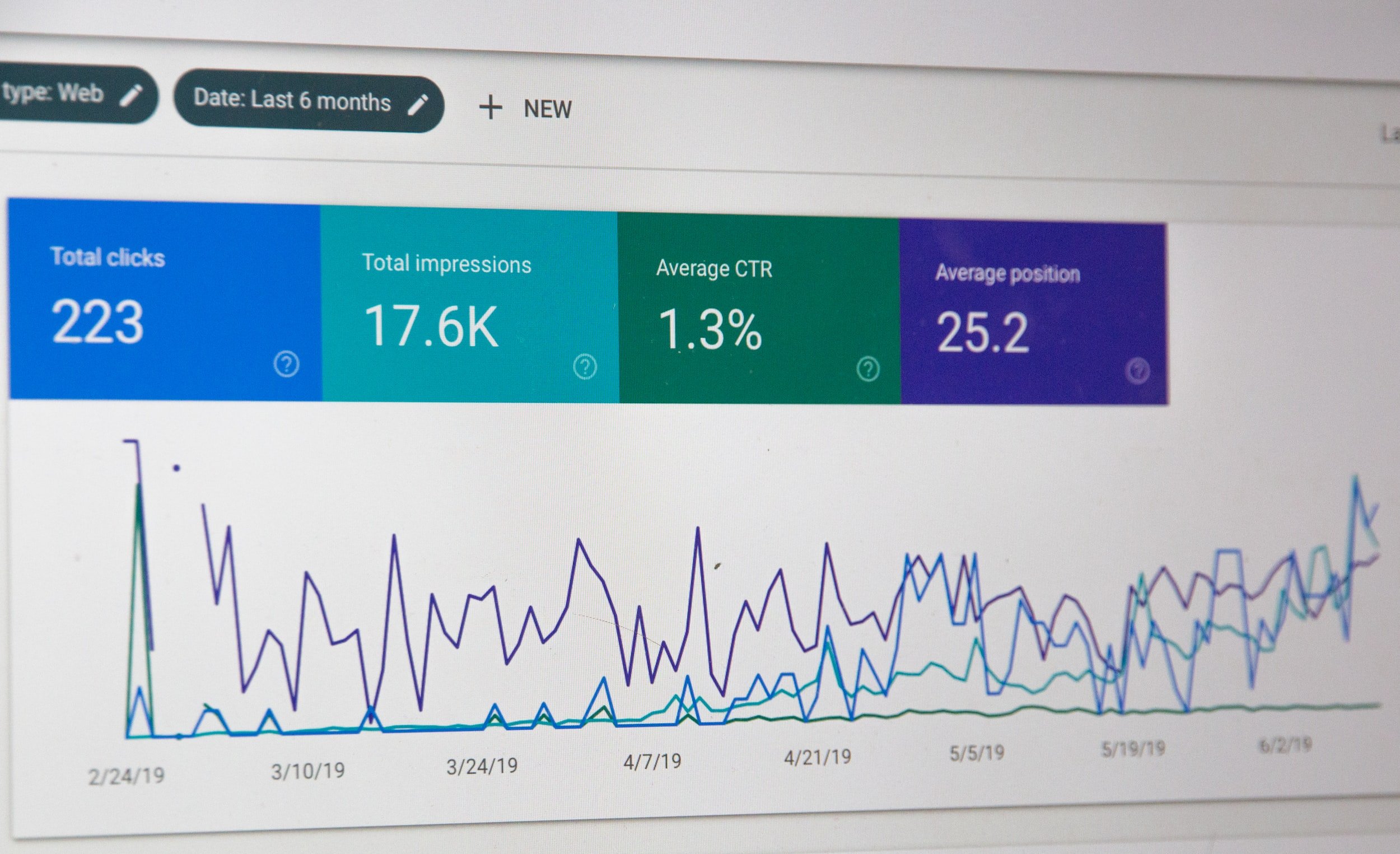Not everyone is a writer. That said, no one is born a writer – let alone an SEO copywriter. I know when I first had a pen in my hand, search engines, let alone the World Wide Web, was a pipe dream.
Even so, the art and science of copywriting has evolved over time – and now we have SEO, or Search Engine Optimisation copywriting.
Google Search Console.
What is SEO Copywriting?
SEO copywriting is straightforward – it’s writing copy, or text, for your website or webpages and optimising it as much as possible for search engines. That means picking relevant keywords without “stuffing” them and getting penalised, adding the right metadata, headlines, internal links, and title tags.
SEO copywriting is finding a balance between what algorithms like and what people actually find useful.
To be successful at SEO copywriting, you need to research keywords and the competition.
Keyword research
Content writing for the sake of it doesn’t help anyone. Google, DuckDuckGo, Bing, etc. categorise websites by relevance. If you search for copywriting, the webpage should explain copywriting in detail to help fulfill your query. You can see what your website already ranks for by using Google Search Console. This takes a few minutes to set up. After a few weeks, you’ll see what incoming search terms your site or pages rank for.
Analyse the competition
Not all keywords are created equal. Some keywords are highly competitive. An industry insider once told me that “lawyers” or “compensation lawyers” as a long-tail keyword would cost upwards of $100AUD per click on Google Ads! Use SEMRush or SearchAtlas to see what content ranks and how to leverage that to your advantage.
What are other people searching for?
Another way to look at keywords and searches is to use Google Trends and see the volume of searches for long-tail queries such as “how do I write better?” or “who can write a blog post for me?” and go about answering those questions as best as possible – better than your competition.
Journalistic rigour and creative flair
You don’t need to be a journalist first to be a copywriter – but it helps. Articles online need to be timely, relevant, and factual. Disinformation and misinformation is rampant; so don’t add to it by being lazy in your research. Think and write like a journalist: if possible, try to cross-verify claims by finding two independent sources for your content (e.g. two primary sources, not secondary sources that may reference one another). Above all, be creative! Just don’t open the forbidden door: plagiarism. Plagiarism is not only IP theft but a known SEO penalty. If you’re unsure, use a plagiarism checker.
What is Google passage ranking?
Google’s algorithm is smart enough to rank certain parts of pages for relevant content – so everything in your page needs to be informative and relevant. Separating subjects into sections by using headings and paragraphs can go a long way in helping rankings. For more information on Google Passage ranking and how it works, click here.
Off-Page SEO
Many modern Content Management Systems such as WordPress, SquareSpace (which is what I use!), or Kajabi offer off-page SEO tools such as creating custom headlines, snippets or excerpts, title tags, metadata, and social images. Use these to your advantage. Don’t pack your off-page metadata with keywords and hope for the best: use strategic keywords so your content ranks better!
What’s next
Does the thought of filling up a blank screen fill you with dread? Contact me and get Melbourne’s best SEO copywriting and content done for you! Click here to contact me.

